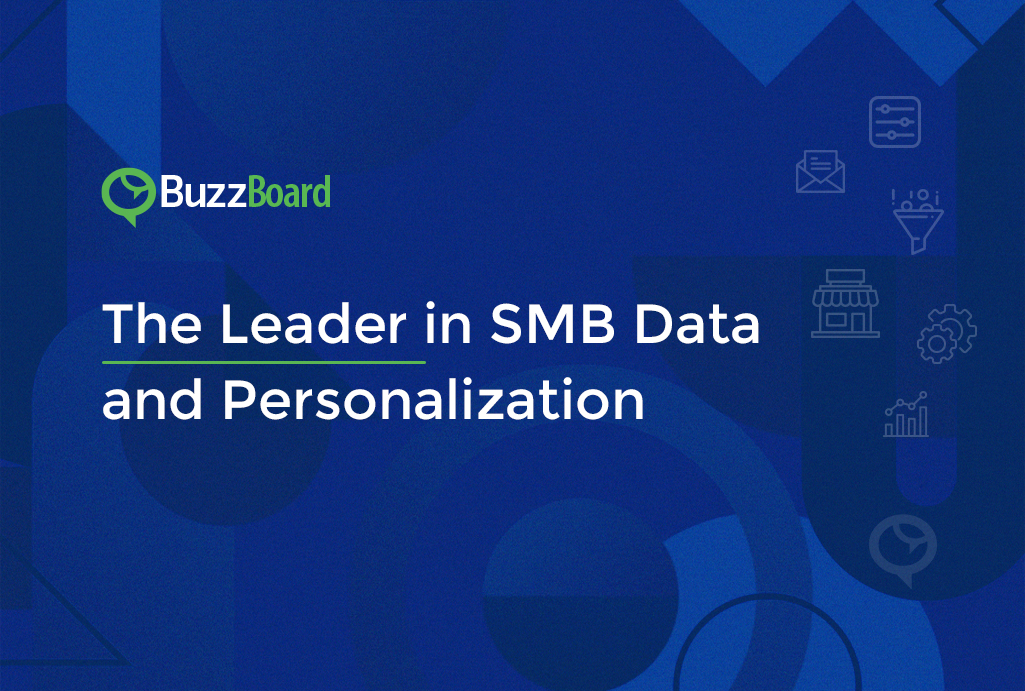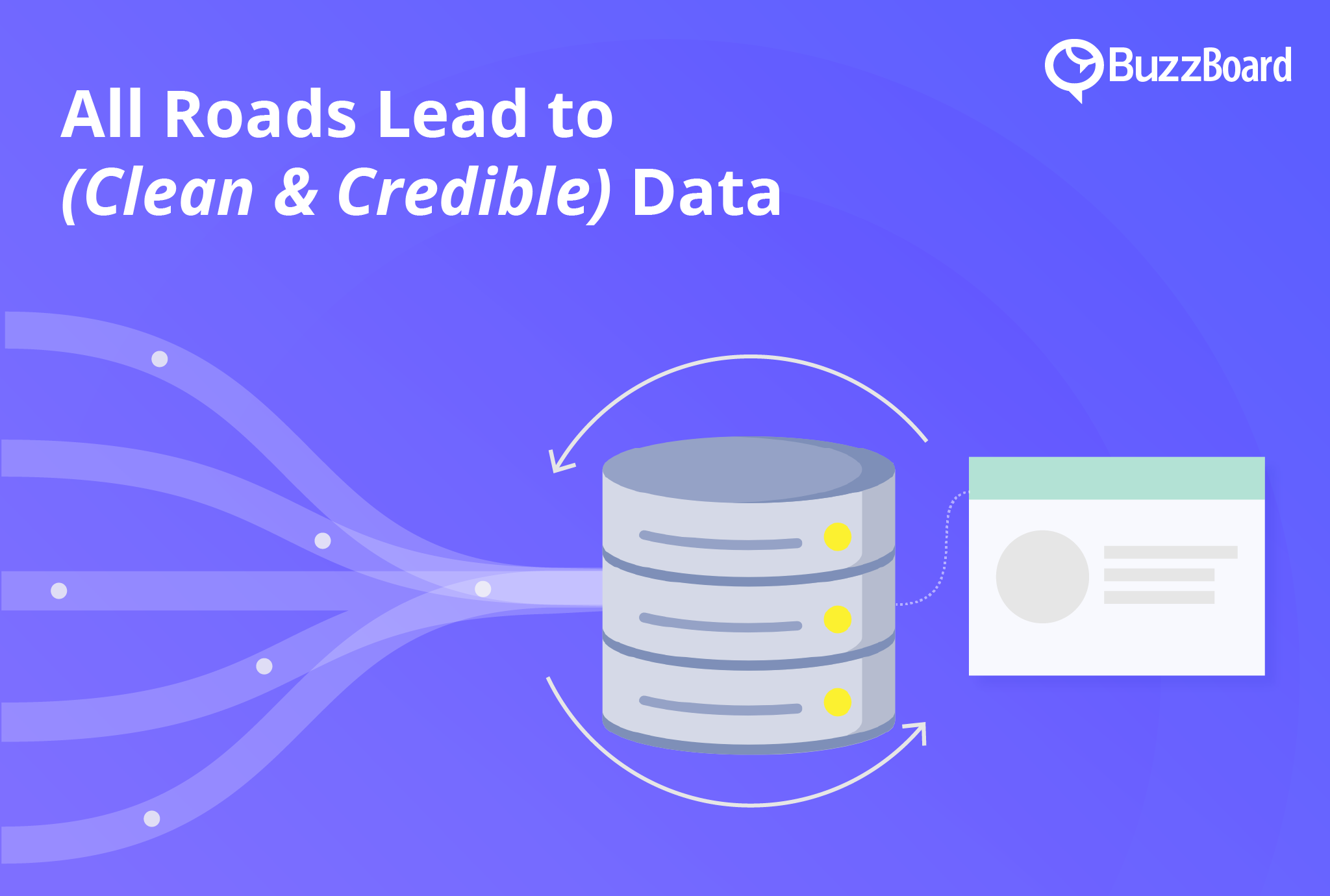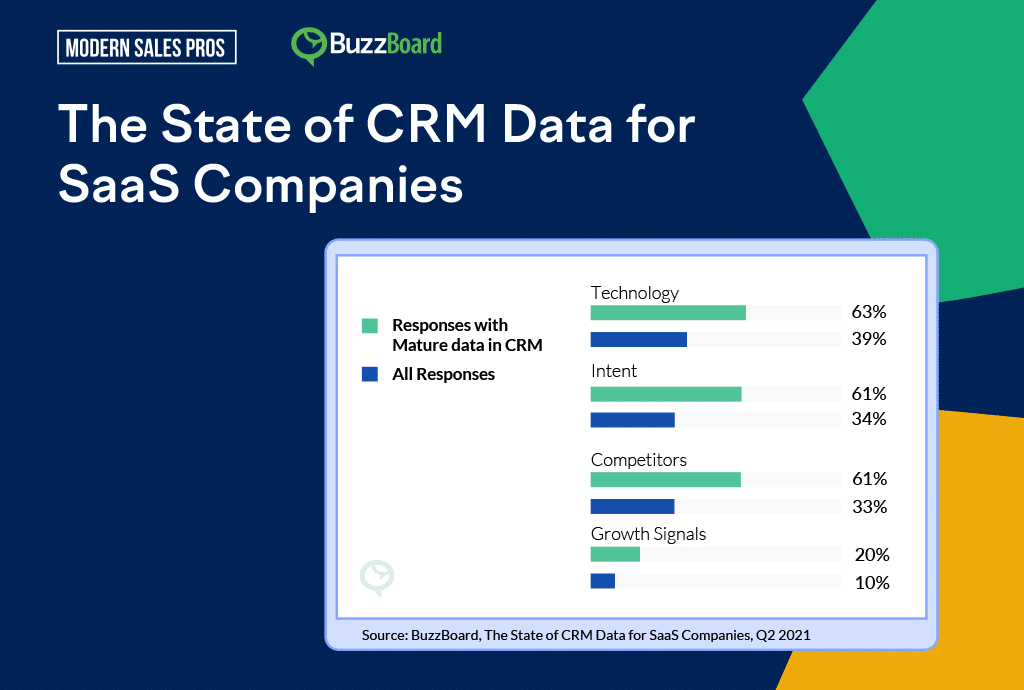The phrase by itself is self-explanatory. But, let us break it down, so we can understand it further. SMB CRM data cleansing is a process by which incorrect, corrupt and/or inaccurate data is removed from various data storage systems, such that we have correct, consistent, reusable data for use in our businesses. In very simple terms, improving the quality of our data, so that it increases overall productivity of the business. Sales teams world over, rely on Customer Relationship Management (CRM) systems to drive sales force automation. B2B Marketing systems, SMB’s in particular, have specific data that help sales reps handle the sales process efficiently. There is a significant difference between SMB and Enterprise data. It is not enough to only have lead information such as contact data to devise a good marketing strategy. The glass is only half full. To completely understand an SMB’s internal operations , there is another key piece of information needed which is a URL. An SMB’s URL is the key to unlocking deep data for in depth marketing and analysis.
How can data become bad?

Some of the factors contributing to bad data can be –
- Human ERROR.
- Lack of interdepartmental communication.
- Lack of a formal data collection strategy.
- Lack of relevant data control technology.
- Company oversight and management.
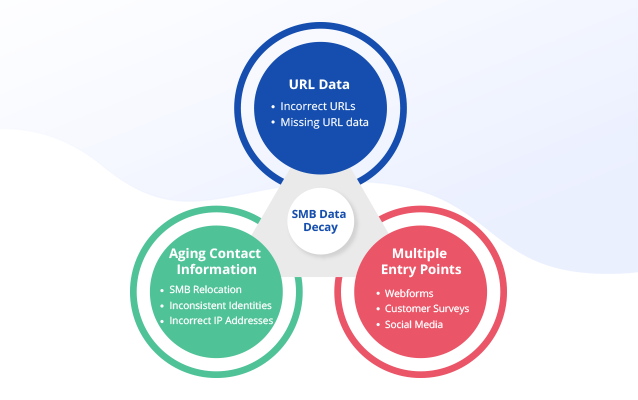
Effects of Bad Data?
The biggest disadvantage of bad CRM data is loss of productivity. The amount of time needed to clean the data is an overhead that can be avoided. That time can be better utilized in analysis and effective decision making.Time, effort and productivity definitely take a hit here, leading to higher maintenance costs and higher resource usage. Salesforce noted that 91% of CRM data is incomplete and that 70% goes bad or becomes obsolete every year.
- Incomplete or inaccurate data lowers metrics on customer satisfaction and retention, causes email delivery errors, leading to higher spam reports and opt-outs.
- Bad data unnecessarily prolongs sales cycles, compounds related costs and disturbs sales and distribution channels.
- Bad data may also lead to regulatory penalties due to non-compliance, especially in highly regulated industries such as banking and health care.
- The overall productivity and cost-efficiency is significantly lowered due to inaccurate and bad quality data.
How do we cleanup?
Before we work on cleaning the data, we need to understand how bad the data is. What kind of data in our CRM database is bad? Is it duplicate data? Incomplete data? Incorrect data? Or all of these? Once we analyze the data present and identify the bad data, the next step is to clean it. Simple purging techniques work for duplicate and incorrect data. Fill in the blanks, for incomplete data. Set standards and policies in place to make sure data collected is consistent and organized. Routinely validate the data to make sure it meets the set standards and constraints.
Ways to Cleanse Data
-
Purge Duplicates
This can be done automatically on modern CRM systems, by setting up duplicate detection rules to keep our data clean.
-
Archive old data
Define archival timelines and set them in place. For example, Any data that is older than about 18 months can be archived.
-
Use Data Cleansing Tools
There are many data cleansing tools available on the market. Figure out what works best for the business.
-
Limit the amount of data to be collected
Always try to collect relevant information only. Additional or non-relevant information will lead to duplicate and/or incomplete data.
-
Outsource Data Cleaning
– It is profitable to partner with data cleaning firms, for their cleaning services instead of managing everything in-house.
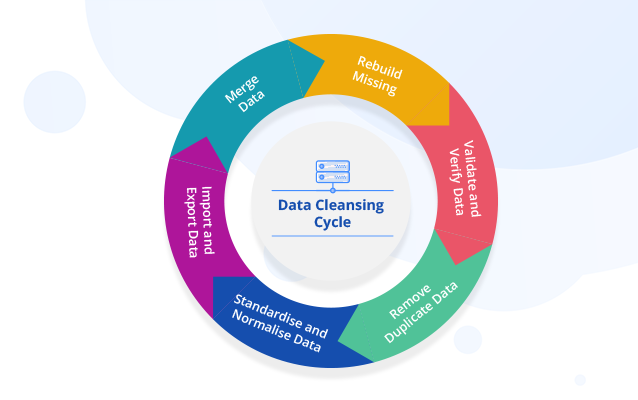
Why Cleanup?
Inbound marketing requires higher content volume.94% of B2B buyers research online before finalizing a purchase. Inbound sales have longer investment times and there is less control over what content a potential buyer sees before investing. Outbound sales by definition are not as effective as an inbound one, even though they provide a better position to brand the company or product. Good quality data provides access to more information about the prospects listed in the CRM system. 42% of sales reps feel they don’t have enough information prior to making a call. Ultimately it is the data which drives each of these strategies. Whether they do so in the right way largely depends on the quality of data we have in our CRM.
Improved Sales Performance
This is the most obvious reason for cleansing CRM data. Good quality data allows sales consultants and other B2B users to follow quality leads and reduce time wastage following prospects. Clean data also helps identify the most valuable customers as well as create a customer reward system or personalized communication to increase engagement and conversion.
Optimize Storage Cost
In and of itself, storage costs money. Maintaining data centers, servers and/or databases is expensive. Having only relevant, consistent data, will reduce storage space which will in turn minimize cost for the business. Looking at the business budget, we can determine what percentage of savings can be had by just optimizing storage.
Increase Efficiency
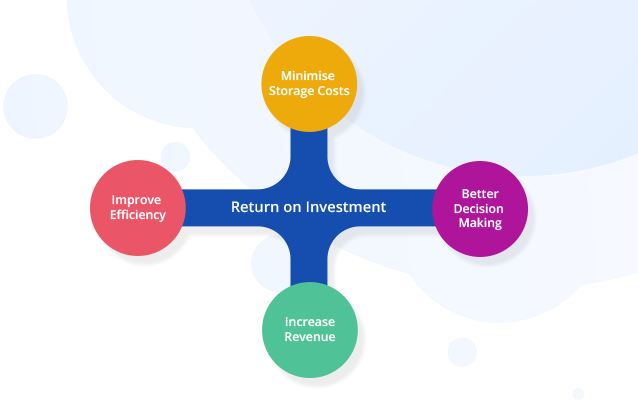
Effective Decision Making
Accurate data can support better analytics as well as business intelligence which can facilitate better decision making and execution. In the long run, this will increase overall productivity for the business. A well-informed sales consultant armed with real-time data can make adjustments quickly to react to market trends. Accurate insights from real-time and on-location data allows a business to fine tune their strategies or tactics right away to take advantage of an opportunity or avert a crisis.
Increase Revenue
Creating efficient processes across all business operations makes sure sales opportunities are not lost and costs are minimized. With a good CRM in place, important data can be accessed quickly to serve customer/business needs or address a critical issue faster. Emails and phone calls can also be tracked, and necessary actions can be rerouted to the right department to immediately address concerns. Concise, consistent and accurate information can reach customers quickly, which results in a good relationship between businesses and consumers. Maintaining a good relationship is very essential for growth of the business, and added revenue.
Conclusion
Every business has its own set of data. An SMB cannot function if there is no data. But, we need to remember that all data is not relevant data – it may not even be good data. A good marketing strategy cannot be built based on just contact information. Nor can we have a successful pitch with just the URL. It is important to have both in place and the data needs to be current, concise and clean. Having a proper, standard and regular cleanup process will make sure the business always has efficient data thereby reducing overhead in terms of time and money. The numbers will speak for themselves, once a Data Cleanup plan is in place and businesses will exhibit more efficiency. Contracts are renewed, trust is improved and profit is made. Contact us today to discuss your SMB CRM cleansing questions.

